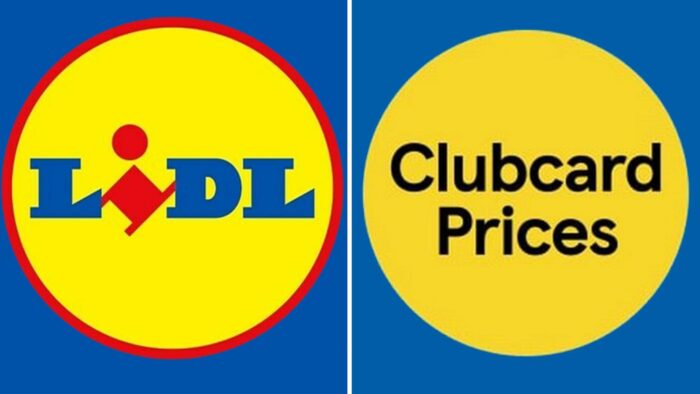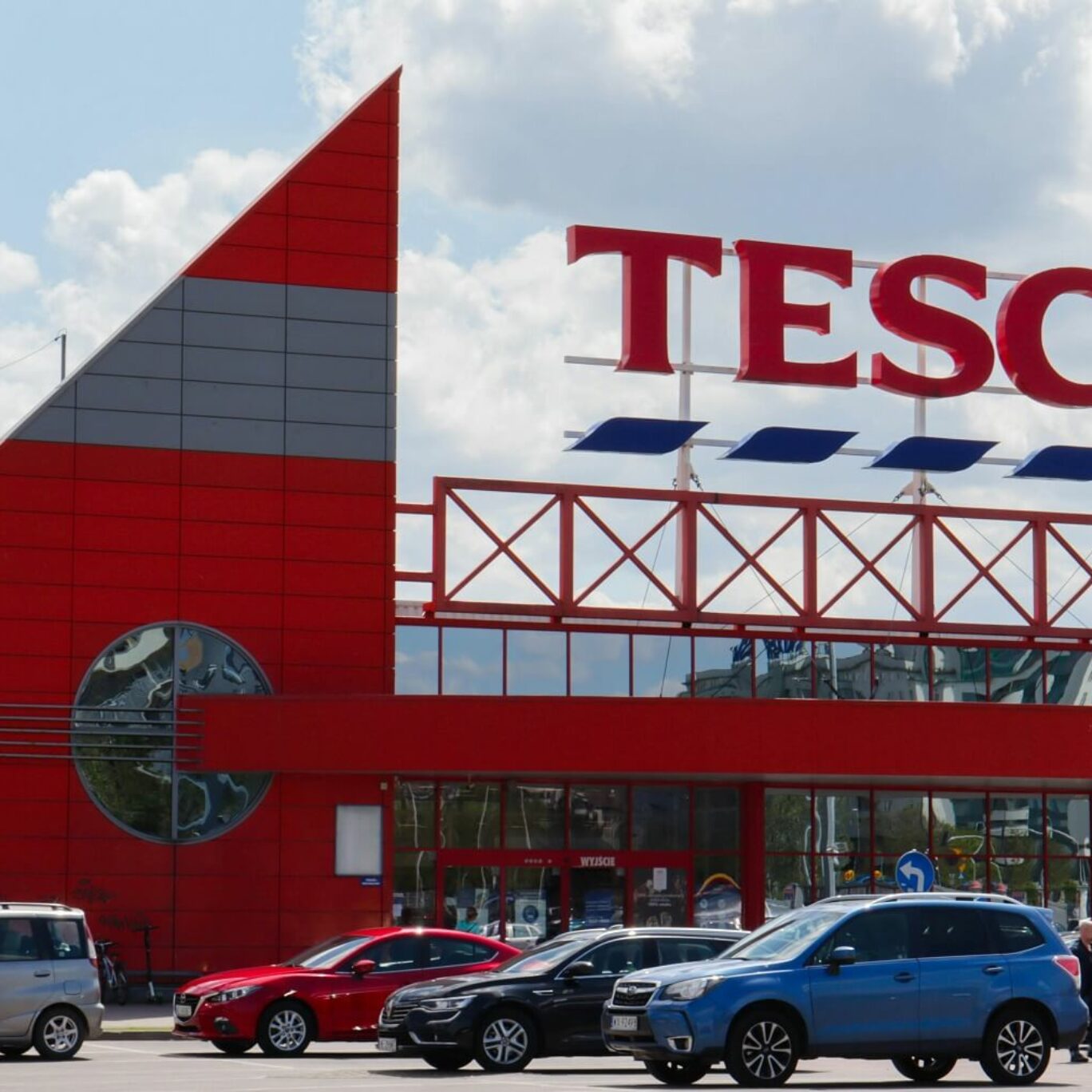Subtle, deceptive image transfer
In April 2023, the UK High Court ruled that Lidl had succeeded in proving that this similar logo would create a ‘subtle but insidious image transfer’ in the minds of some consumers: the Clubcard logo suggests that Tesco’s Clubcard prices are equal to or lower than those of Lidl. Tesco is thus unfairly exploiting Lidl’s reputation as a discount brand, according to the High Court.”

With its ruling of March 19, 2024, the Court of Appeal in appeal now fully adopts this factual assessment from the High Court.
Significant
The ruling is very significant for Tesco. Not only will the company now have to embark on a costly and time-consuming rebranding operation for its Clubcard brand, but it also faces a substantial damages claim from Lidl for over 3 years of trademark infringement.
Lidl copycat
It is indeed remarkable that Lidl, which itself is known for imitating A-brands to some extent, achieves this victory. After all, normally Lidl takes the position that you can closely mimic the design of A-brands with your products as long as you clearly put a different brand name on them. According to Lidl, there is no risk of confusion in that case. Aerocell (Duracell), Neo (Oreo), and Snack Day (Pringles) are clear examples of this approach.
Different stance
However, in this case, Lidl has taken a different stance. Despite the fact that “Lidl” is prominently displayed in the trademark, the supermarket now believes that the Clubcard logo infringes on this Lidl brand. I can imagine that holders of A-brands, who may soon be in discussion with Lidl again regarding imitation, will bring up this ruling.
Bas Kist
Photo by Shashank Verma on Unsplash




